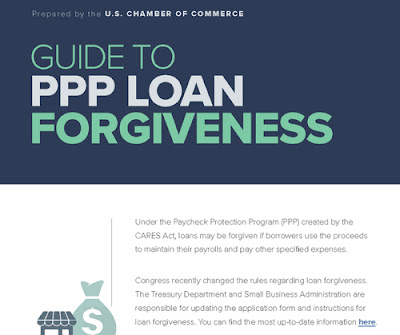What is PPP loan insurance? According to the United States Congress, all PPP loans must be insured by FSA (Federal Deposit Insurance Corporation) or some other similar guaranty. Lenders offer PPP loans that are backed by FSA. In addition, the interest rates for federally insured depository banks are often higher than those offered by private lenders.
What is a PPP loan? In order to qualify for a PPP, applicants must fulfill one or more of the following conditions. The applicant must be a citizen of United States and a citizen of Canada. The applicant must also be an American citizen. The applicant's gross income and monthly expenses must meet specific requirements set forth by CMS (Social Security's website).
What is a PPP loan? On October 1, 2021 the United States Congress passed and implemented the Paycheck Protect Act. The Act offers many new and improved protections to borrowers and PPP lenders. Among these new protections, borrowers will be permitted to submit application for PPP loans only when they have a suitable down payment and they meet all eligibility criteria. The Care ObamaCare Plan will also provide additional flexibility to borrowers who are not eligible under the current health care reform plan.
How is a PPP loan determined? Borrowers will be required to fill out and return the appropriate online application form. CMS will determine whether the borrower meets all loan eligibility requirements. If the borrower does qualify, he will be required to provide documentation that he or she maintains payroll during his or her part-time employment. The documentation necessary to verify employment and maintain payroll can be obtained from the Internal Revenue Service website or from the U.S. Department of Labor website.
Can borrowers obtain a PPP loan if he or she does not own his or her own home? Yes, borrowers can obtain a PPP loan even if they do not own a home. However, borrowers must meet mortgage and income guidelines in order to obtain mortgage-backed securities (MBS). If a borrower owns a home, he or she will not be allowed to obtain a PPP loan under the terms of the Care ObamaCare plan. However, if a borrower owns a non-home in which he or she obtains mortgage-backed securities, he or she may be eligible to use the services of a qualified lender to obtain a PPP loan.
Is there a cap on the amount that can be borrowed in a given year? No. The maximum loan amount per borrower varies by plan year. For borrowers who wish to borrow more money in the future, they should consider applying for a multiple-year loan. For example, if one borrows $100,000 in his or her first year of coverage, then in the second year of service, he or she can apply for a three-year loan. This would allow him or her to borrow up to a maximum of four years in total.
Are there any special financing costs involved with a payroll cap on a PPP loan? There is no special financing costs. There are, however, fees associated with the implementation of a PPP loan, which borrowers must be aware of before applying for and accepting a loan. These fees include application fees, servicing and closing fees, and a one-time fee paid to renew the contract.
